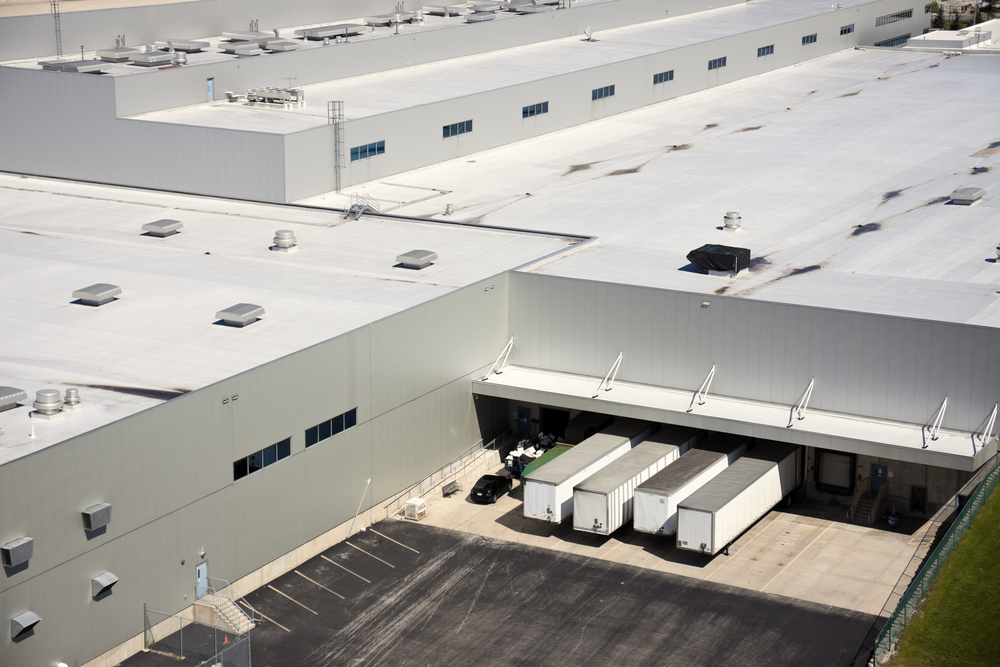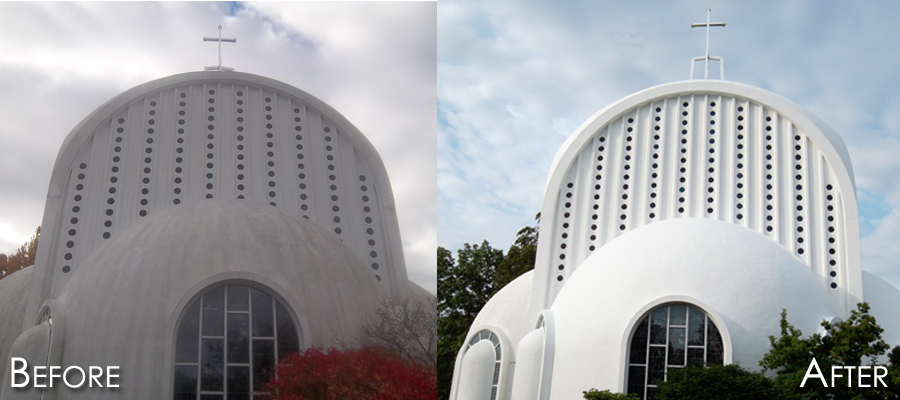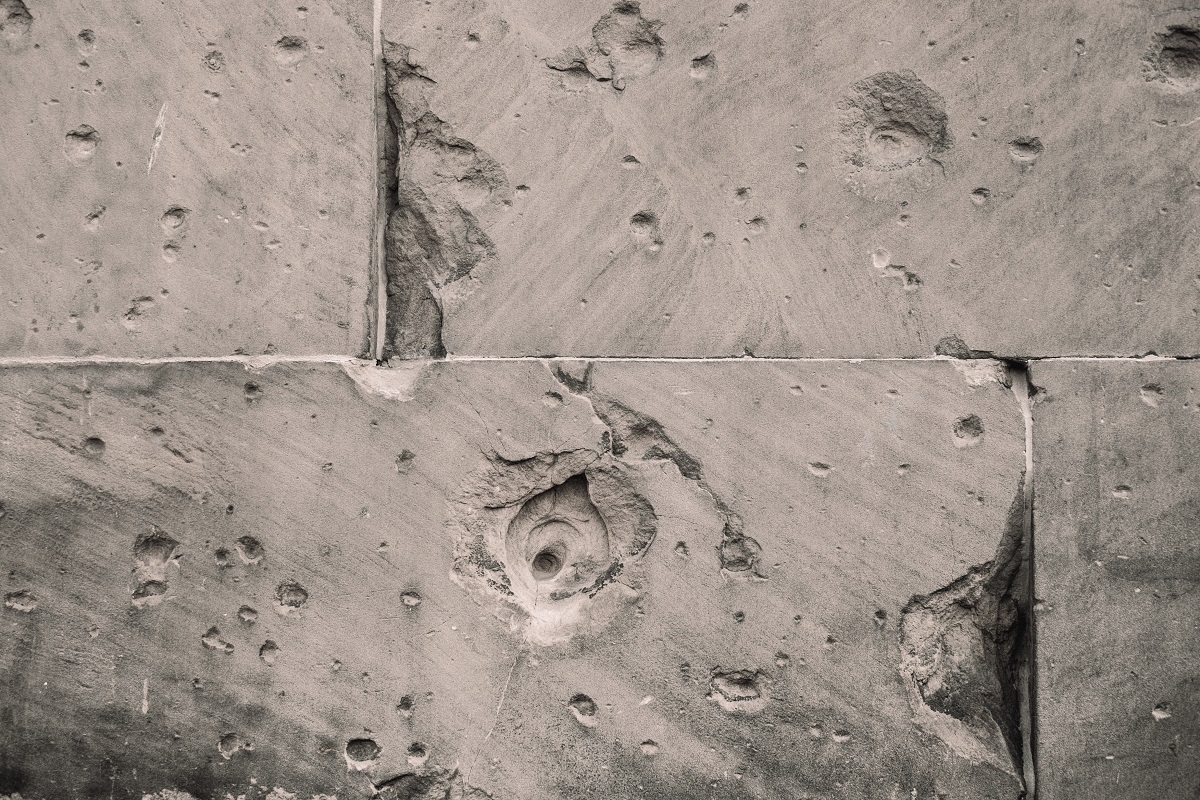Commercial and industrial buildings that have concrete floors exposed to the elements should have the surfaces treated with a quality coating. Without such coatings, it’s likely that water will be able to work its way into the floor and cause advanced deterioration and corrosion. Not only is coating a great protective measure, it’s also decorative and can add subtle visual appeal to a work area. Learn more about your options for quality coating.
Penetrating Coat
A penetrating coat is made to soak its way into the flooring and work with the capillaries to protect the material against harmful chemicals and moisture. Specific types of flooring that are a good match for a penetrating protective coat include those that are likely to corrode or suffer from damage resulting from freeze-thawing.
Specific examples of penetrating coatings include:
- Siloxanes
- Silanes
- Silicates
- Acrylic
What’s unique about the acrylic coat is it can be both water- and solvent-based, is more affordable, can enhance the color of concrete and is simple to apply. But it’s not without its disadvantages, mainly that it can wear out faster on concrete than other types of floor coating.
Epoxy Coat
An epoxy flooring glaze is composed of two quality-build components designed to make flooring better stand up to abrasions, repel water and last for the long haul. When this specific type of coat is applied, it’s essential that water doesn’t become trapped underneath the surface.
Polyurethane Coat
These coatings are ideal for both interior and exterior floors, have twice the thickness of an acrylic coat and are able to resist abrasions. Polyurethane coats work best on concrete floors that receive a high amount of foot traffic.
Additional Considerations to Make
As you’re looking over the different floor coats, always bear in mind that choosing the wrong coat can do more harm than good to your building’s floors. Specifically, certain coats can damage older masonry. For the best results, it’s recommended that you ensure your floor’s substrate is properly identified before reviewing coating color types and samples.
While the utmost level of caution is necessary for masonry flooring, the right coatings can give the surface a refined appearance. All staining, such as that from mildew, mold, rust, grease and oil, should be removed from the surface of the concrete before a coat is applied. This gives the restoration team a clean canvas to work on, and brings back the floor’s natural hue.
For more information about the different types of protective coats for your commercial or industrial floor, call 617-622-5946.
Contact Us
continue reading
Related Posts
Maintaining a reliable, sturdy roof and scheduling any necessary roof […]
When you are in the property management business, it is […]



